Are you looking to secure funding for health infrastructure projects? Crafting the right letter can make all the difference in your grant application process. In this article, we'll explore key elements to include in your letter to ensure it captures attention and communicates your vision effectively. Let's dive in and discover how to articulate your health initiative in a compelling way!

Clear Purpose Statement
A clear purpose statement for a health infrastructure grant emphasizes the need for improved healthcare facilities, aiming to enhance access to essential medical services. This initiative involves the renovation of aged hospitals, construction of new healthcare centers, and procurement of advanced medical equipment across underserved regions. Prioritizing community health outcomes, the project targets a population of approximately 50,000 residents in rural areas facing significant healthcare disparities. Funding will facilitate the establishment of telemedicine capabilities, expand emergency care services, and improve overall patient care, ultimately contributing to better health indicators and quality of life in the community.
Detailed Project Description
Health infrastructure grants play a pivotal role in enhancing medical facilities, ensuring better access to healthcare across various regions. In this project, a state-of-the-art community health center will be established in Cedarsville, a rural area with a population of approximately 12,000, where access to quality healthcare remains a significant challenge. This center will encompass a 15,000 square foot building, containing essential services such as primary care, dental care, mental health services, and emergency care. The initiative aims to reduce the average travel time for patients, currently exceeding 30 miles, to under 5 miles. Funding will be allocated to the construction of an eco-friendly facility, equipped with solar panels and energy-efficient systems, reducing operational costs by an estimated 20%. Additionally, this center will employ a diverse team of healthcare professionals, totaling 25, fostering job creation while improving health outcomes in the community. Enhanced telemedicine capabilities will also be integrated, allowing remote consultations and improving healthcare access for the disadvantaged populations in the surrounding areas. This investment in health infrastructure aligns with national goals to improve overall public health and resilience in underserved populations.
Specific Objectives and Goals
The comprehensive health infrastructure grant proposal outlines several specific objectives and goals aimed at enhancing the delivery and accessibility of medical services across underserved regions. Primary objectives include increasing the capacity of medical facilities, such as hospitals and clinics in rural communities, ensuring they meet the standards established by the World Health Organization. Goals also encompass implementing telemedicine programs to reach populations in isolated areas, improving healthcare access for approximately 500,000 residents. Another key objective includes the establishment of training programs for healthcare professionals, focusing on contemporary best practices and emerging public health challenges, such as pandemics. Additionally, the initiative aims to secure sustainable funding of $2 million to support ongoing operational costs and maintenance of the upgraded infrastructure.
Comprehensive Budget Plan
A comprehensive budget plan outlines the financial framework necessary to enhance health infrastructure projects aimed at improving public health outcomes. This plan includes major expenditure categories such as facility construction costs, estimated at $2 million for a new community health center in rural Ohio, equipment acquisition, projected at $500,000 for life-saving medical devices, staffing expenses, including salaries for 20 healthcare professionals totaling $1.5 million annually, and operational costs covering utilities and maintenance, estimated at $250,000 per year. Furthermore, the budget allocates 10% for contingency funds to address unforeseen events, ensuring project resilience. Monitoring and evaluation costs are also included, estimated at $100,000, to assess program effectiveness over the project's duration. This strategic allocation of resources aims to ensure sustainable and impactful health services for underserved populations.
Evidence of Community Need
Demonstrating community need for health infrastructure grants requires highlighting specific health challenges within a defined geographic area, such as a city or rural region. For example, the city of Flint, Michigan, exhibited significant public health concerns due to lead-contaminated drinking water affecting over 100,000 residents, leading to numerous cases of lead poisoning, especially among children. This situation necessitated immediate investment in healthcare facilities, such as clinics and educational programs, to address the long-term health implications and community awareness. Additionally, statistics indicating that 25% of the population lacks access to primary healthcare services underscore a critical gap in healthcare delivery that could be improved with enhanced infrastructure, such as new health centers with adequate staffing and equipment. Efforts to combat high rates of chronic diseases, such as obesity affecting 35% of adults in the region, further emphasize the pressing need for modernized health facilities and preventative care programs, reinforcing the importance of securing funding for sustainable health infrastructure improvements.

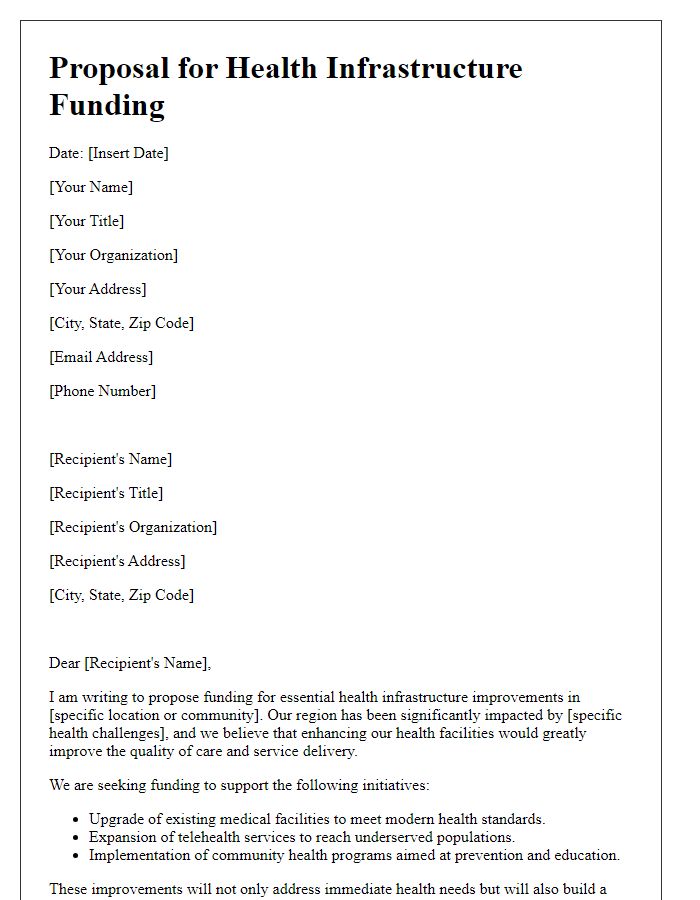
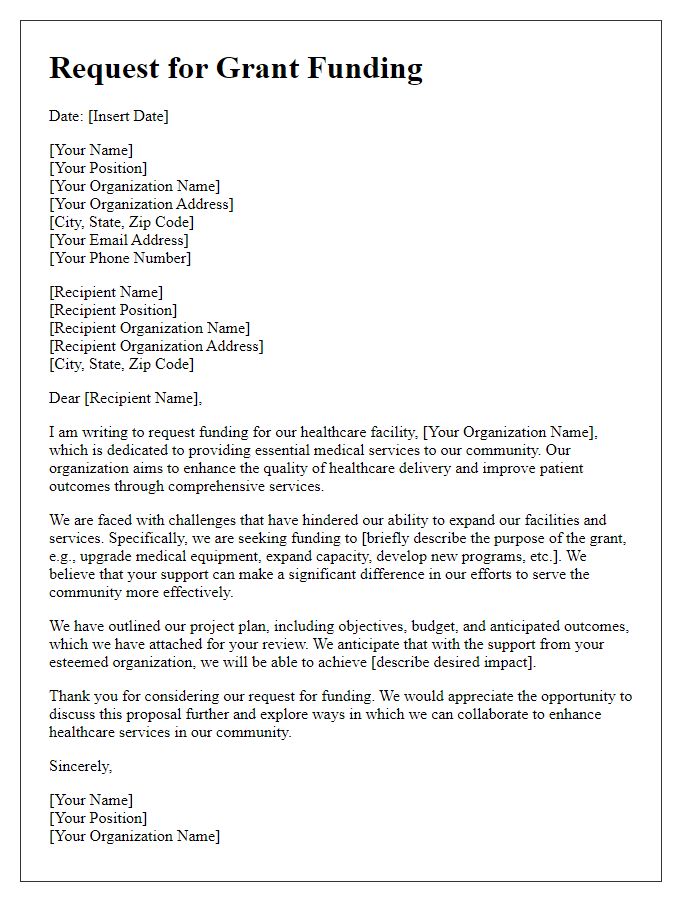
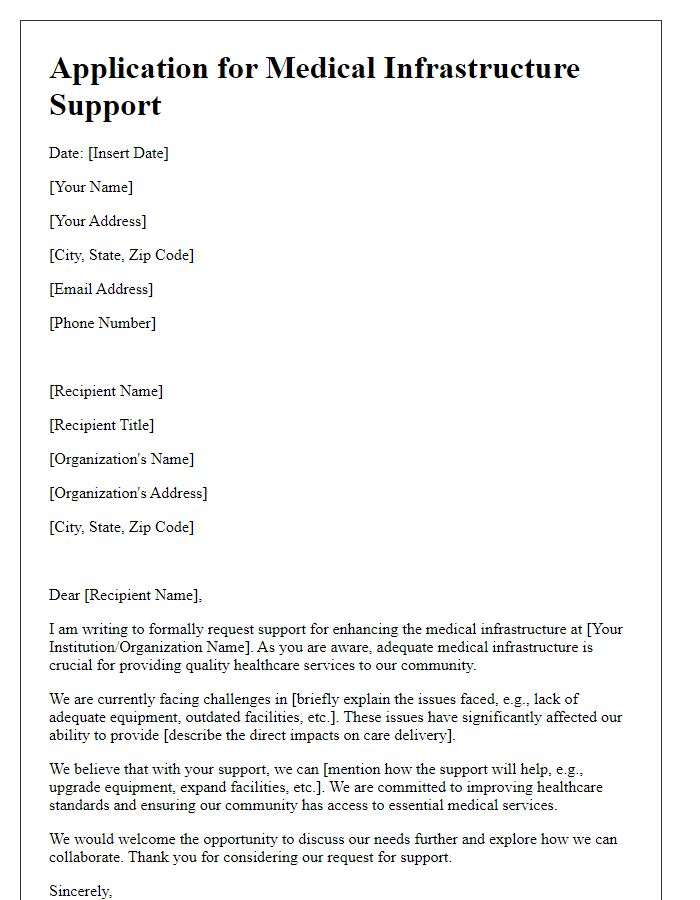
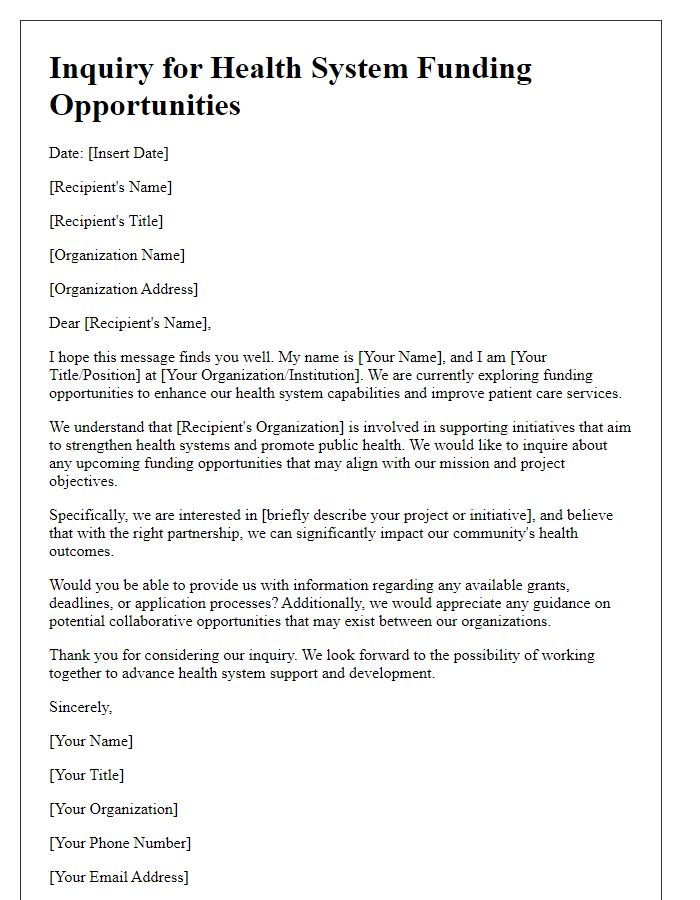
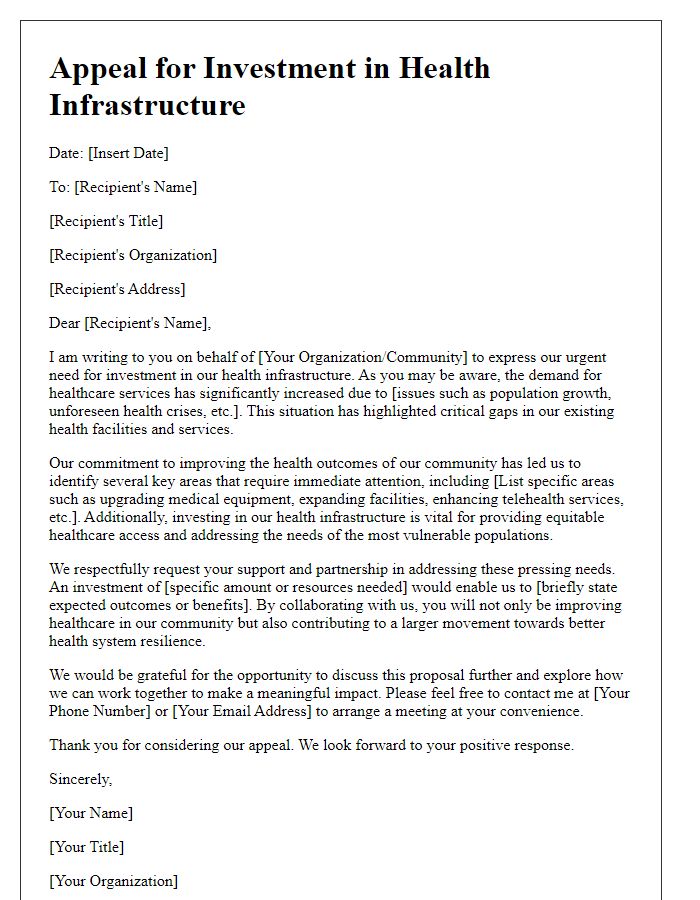
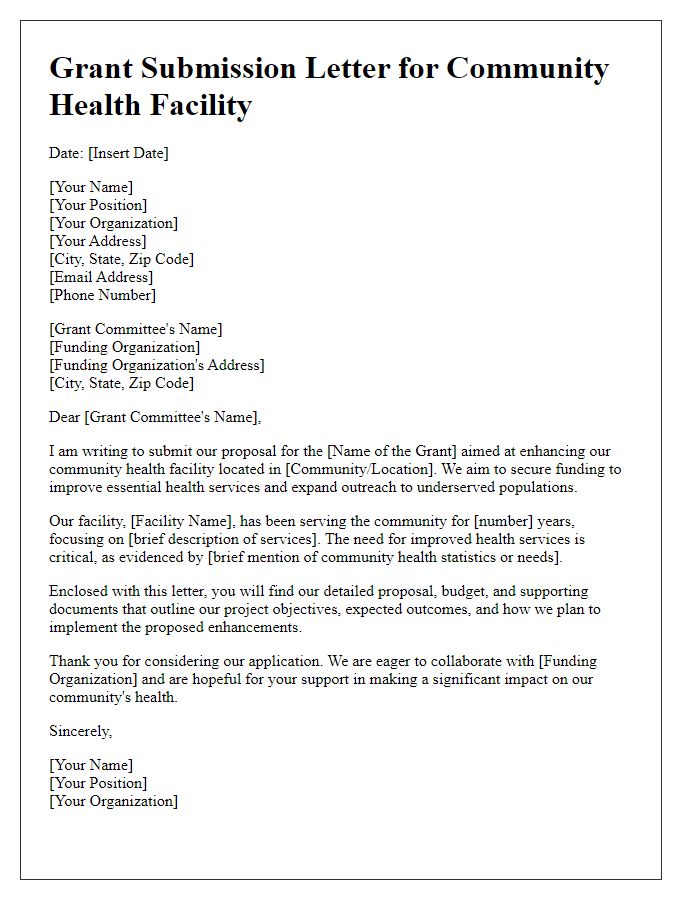
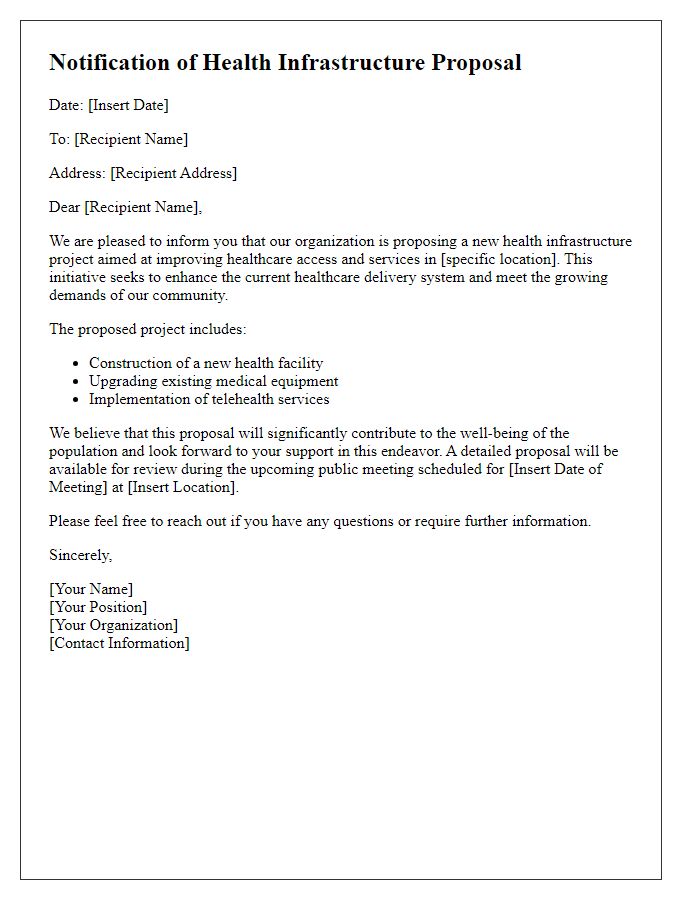
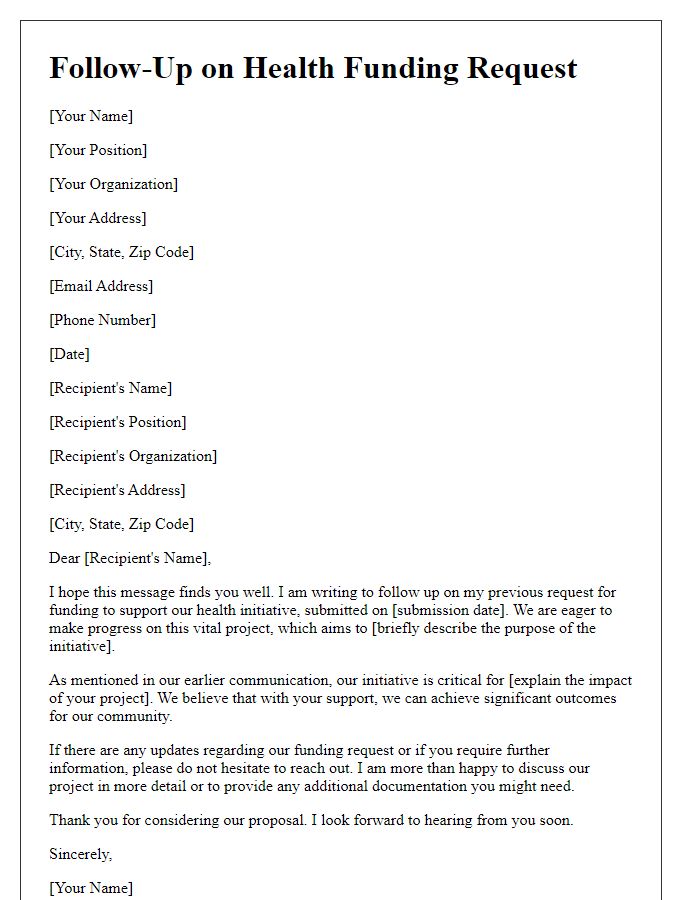
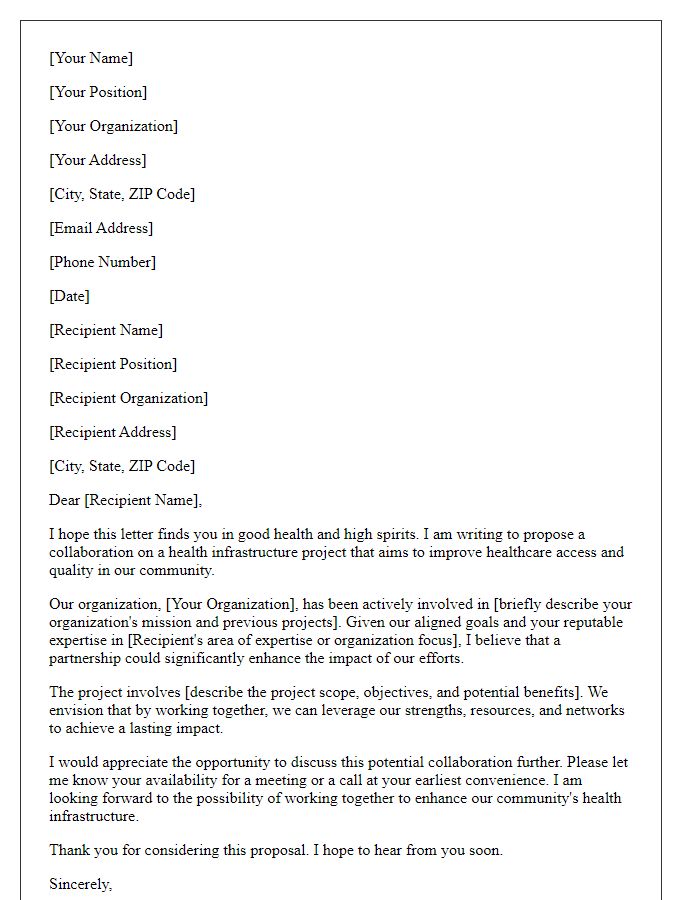
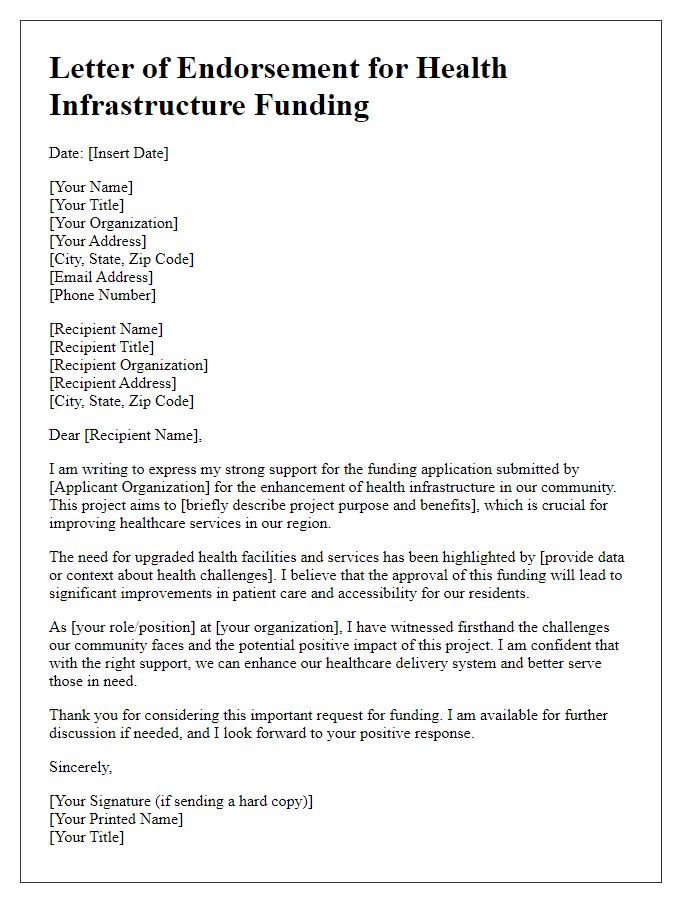


Comments